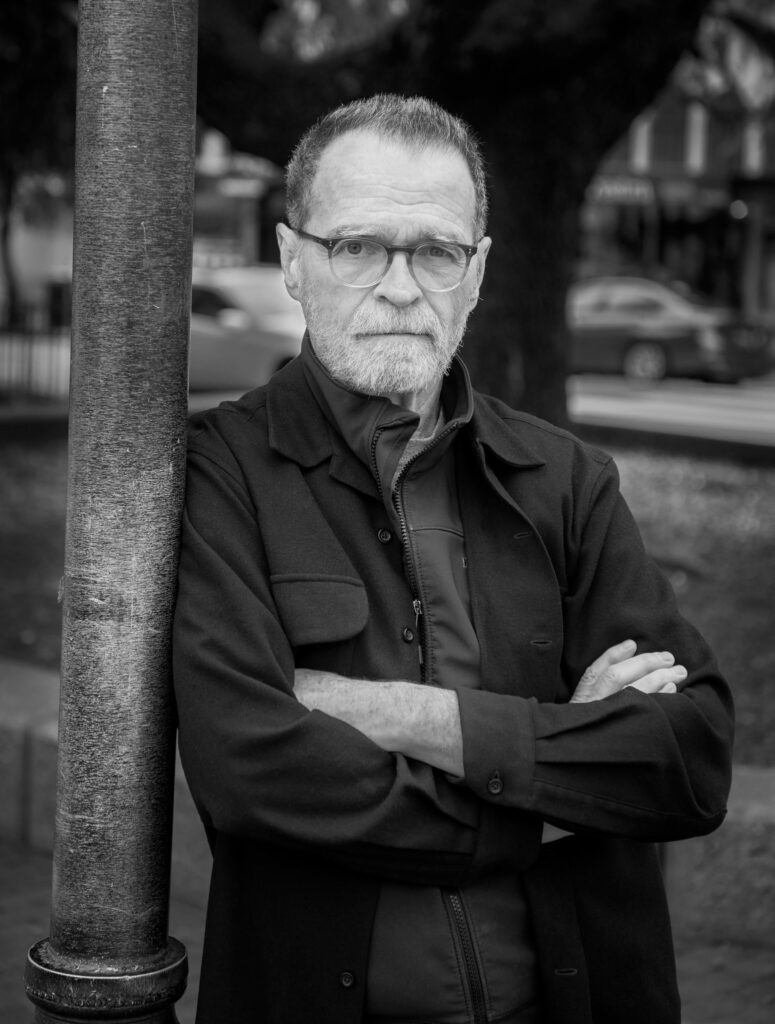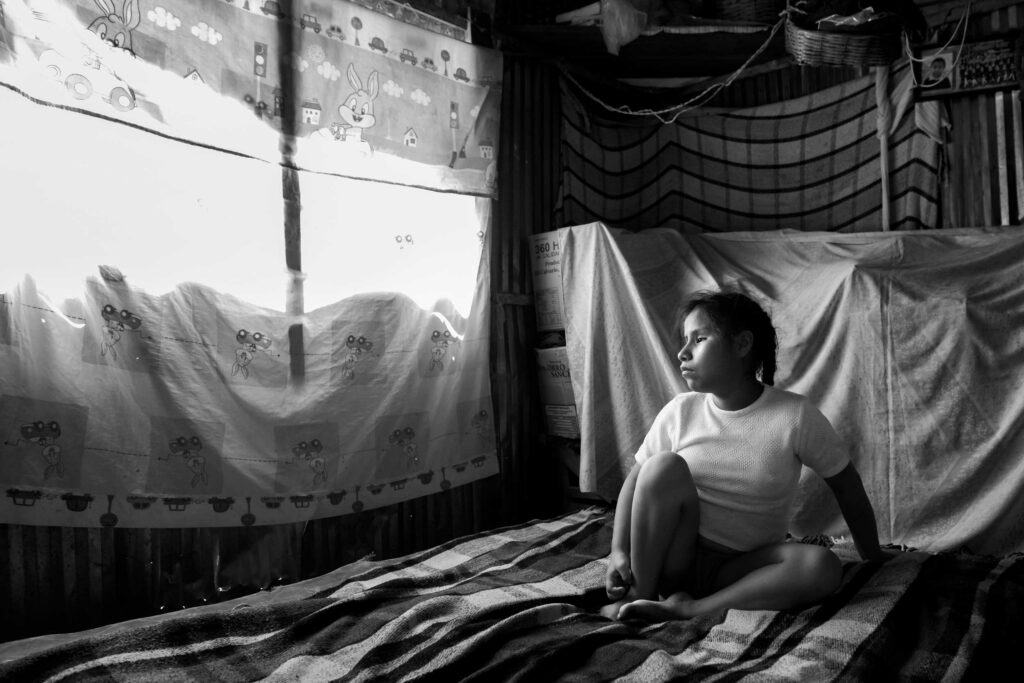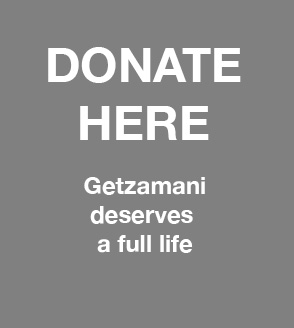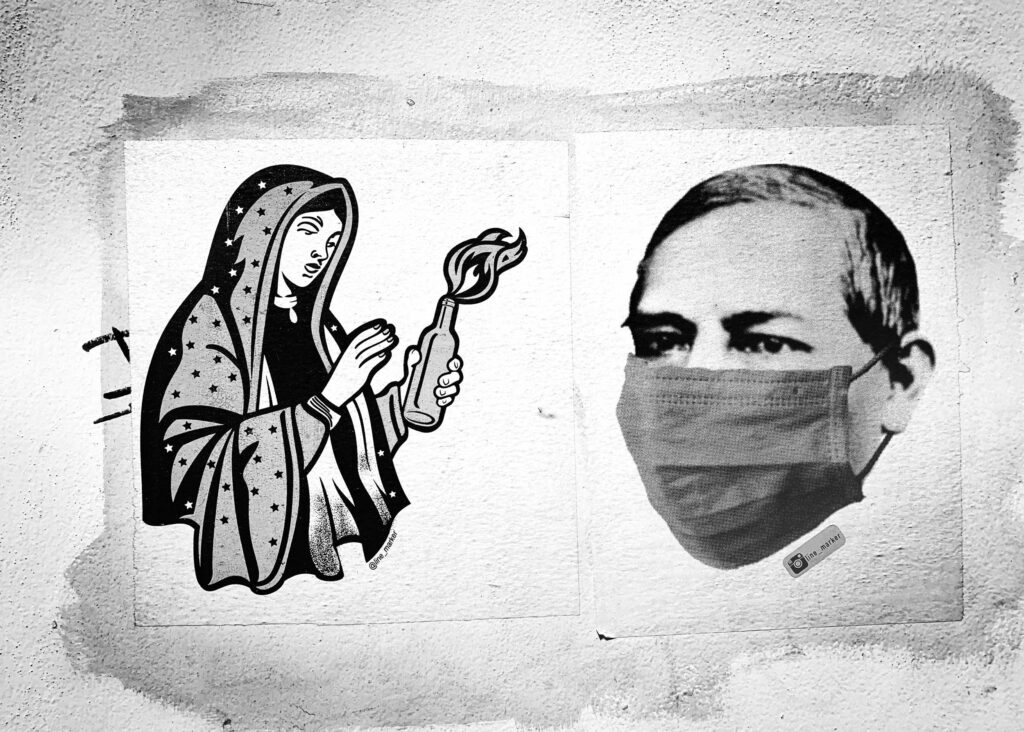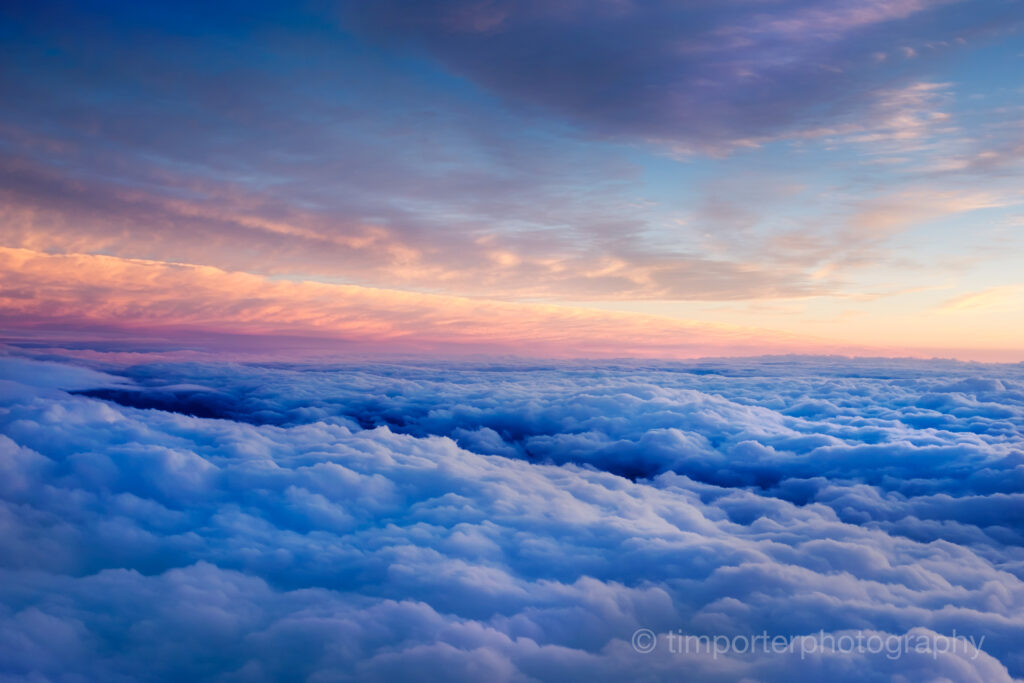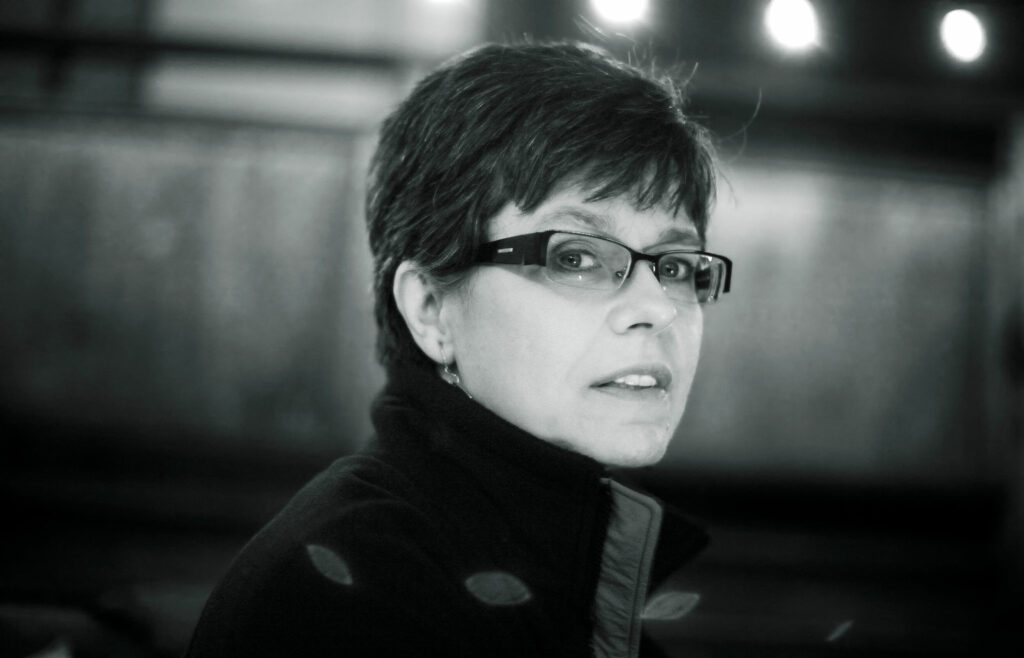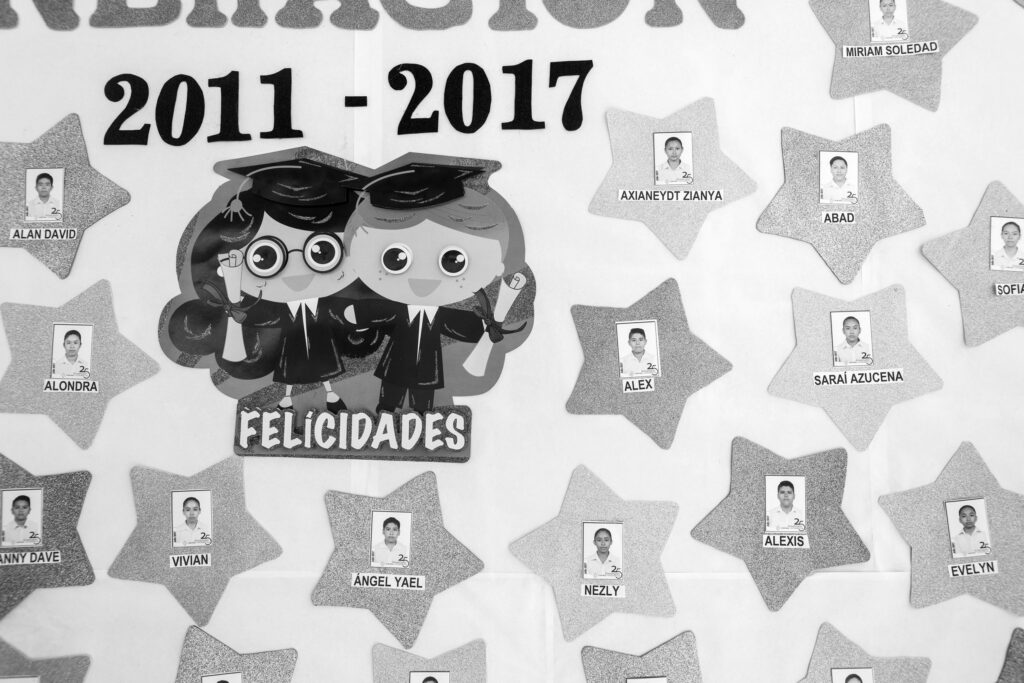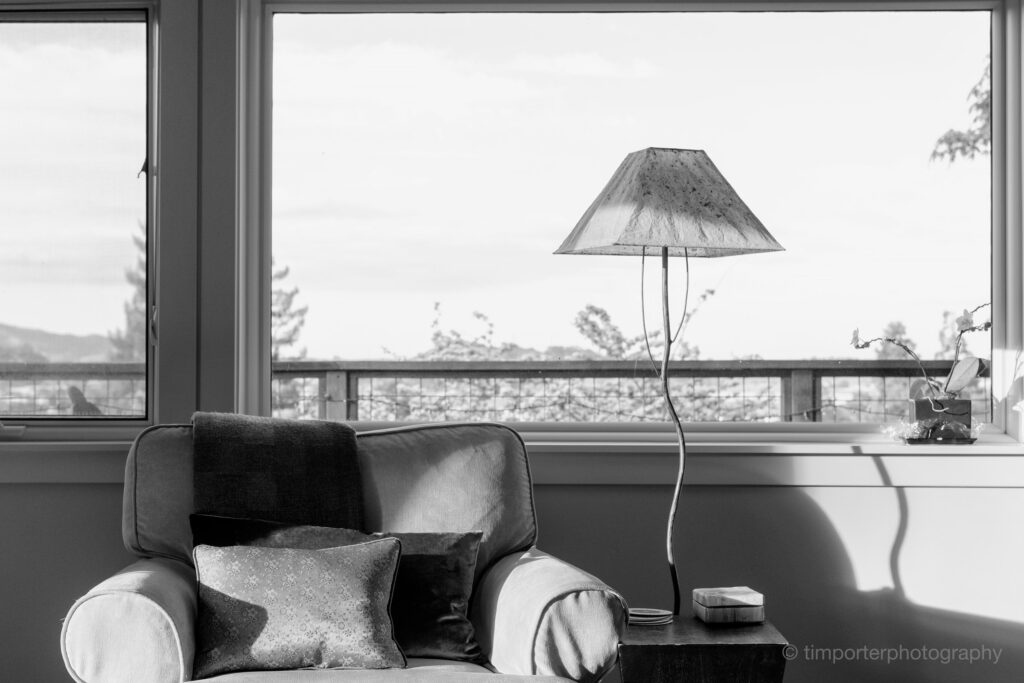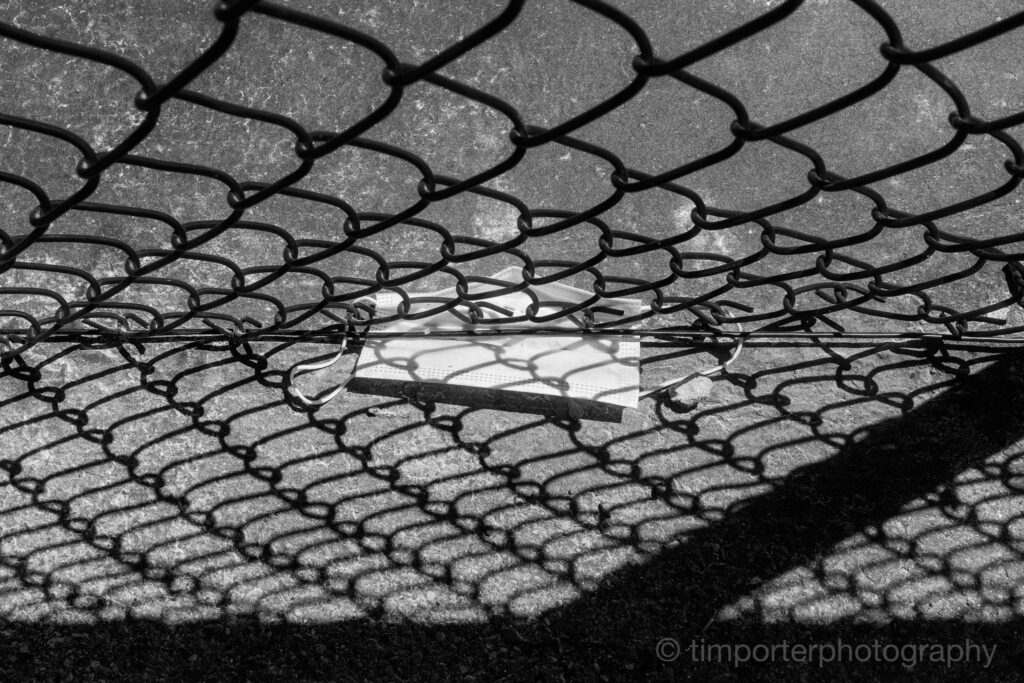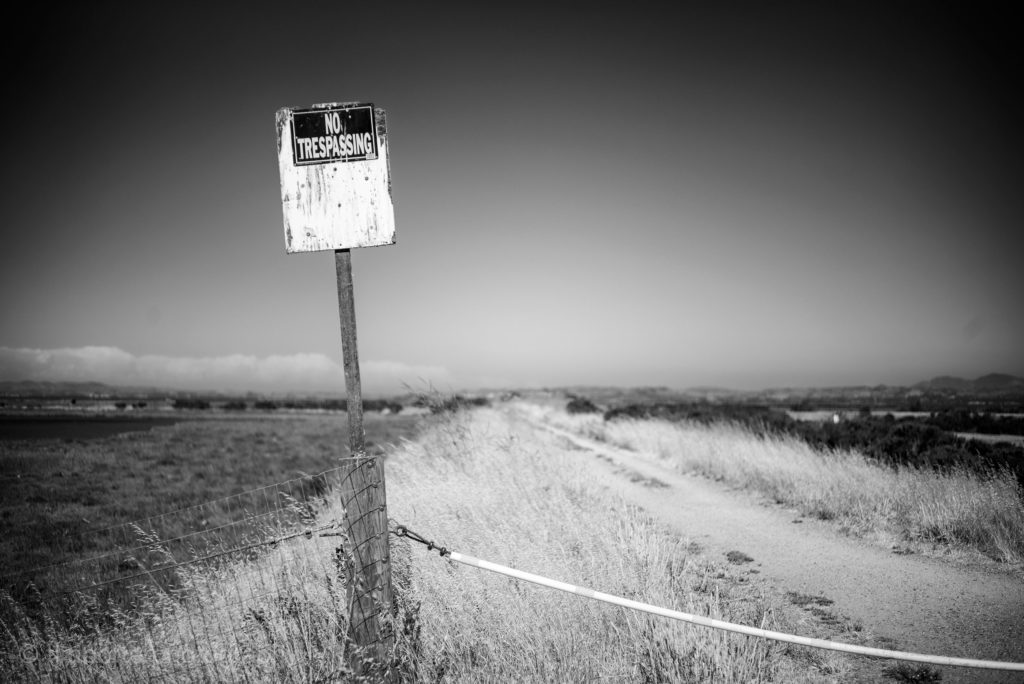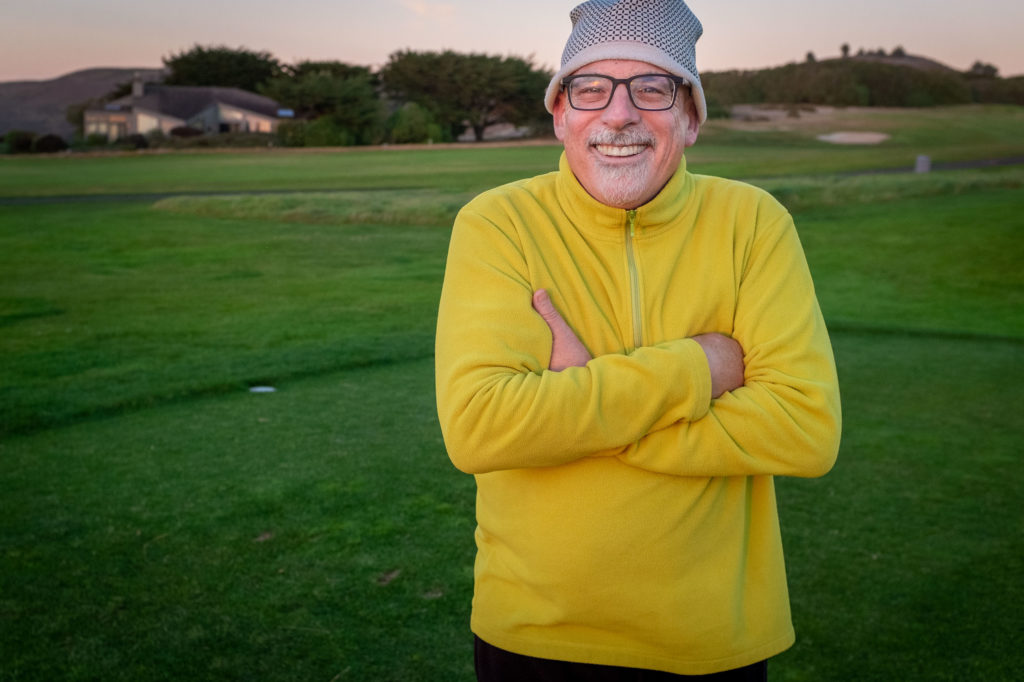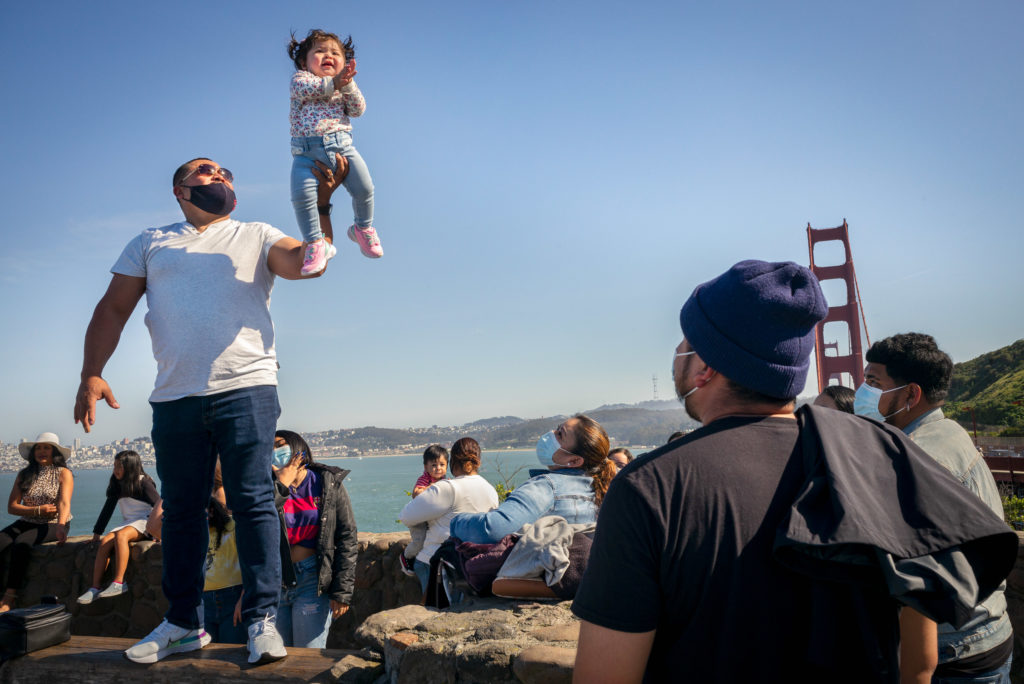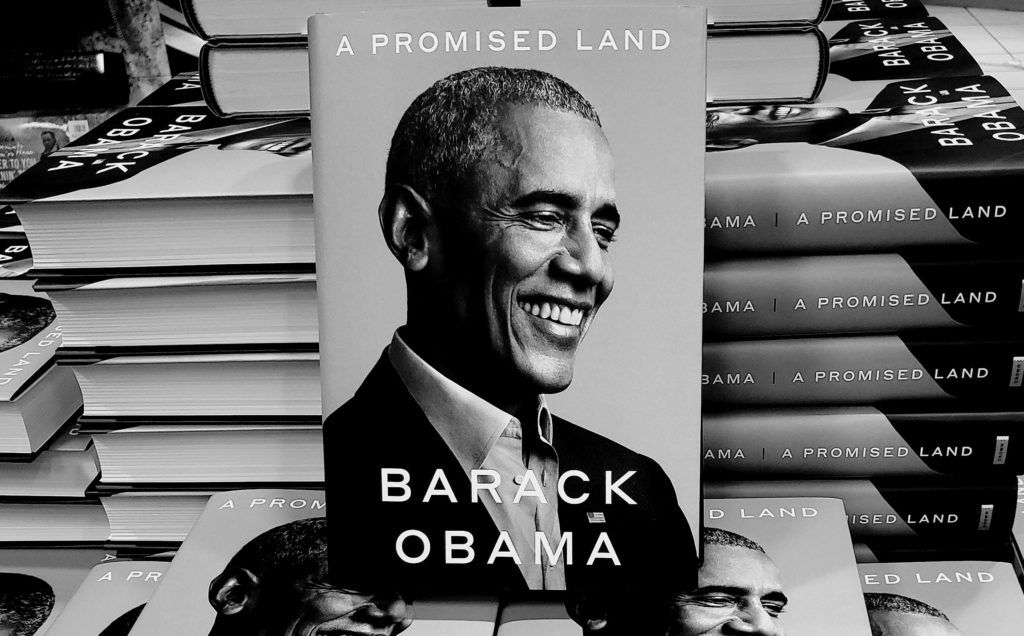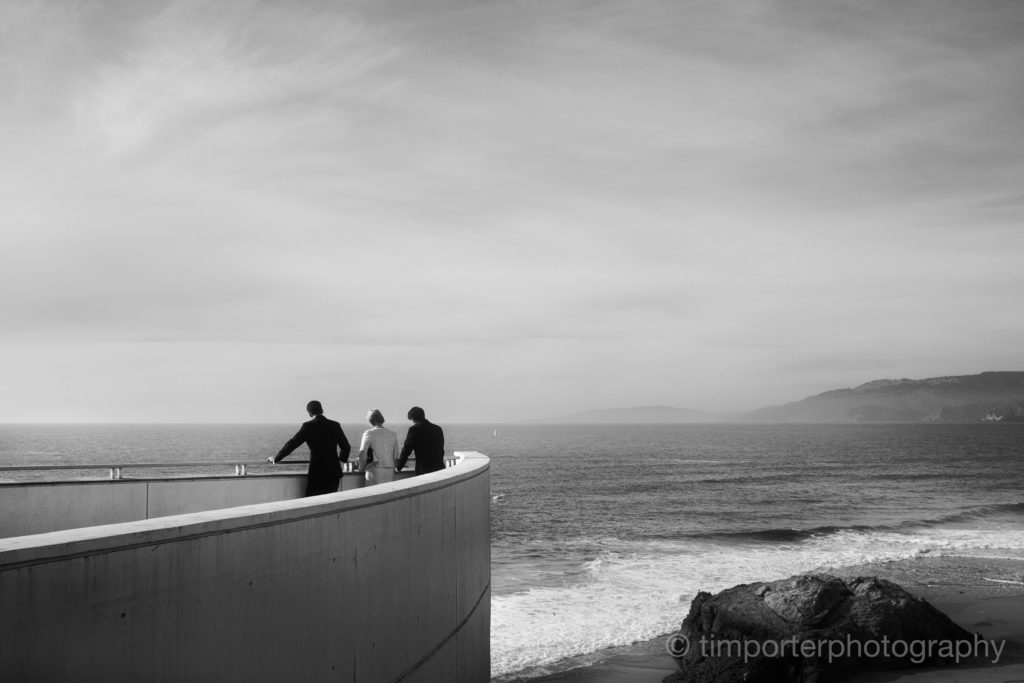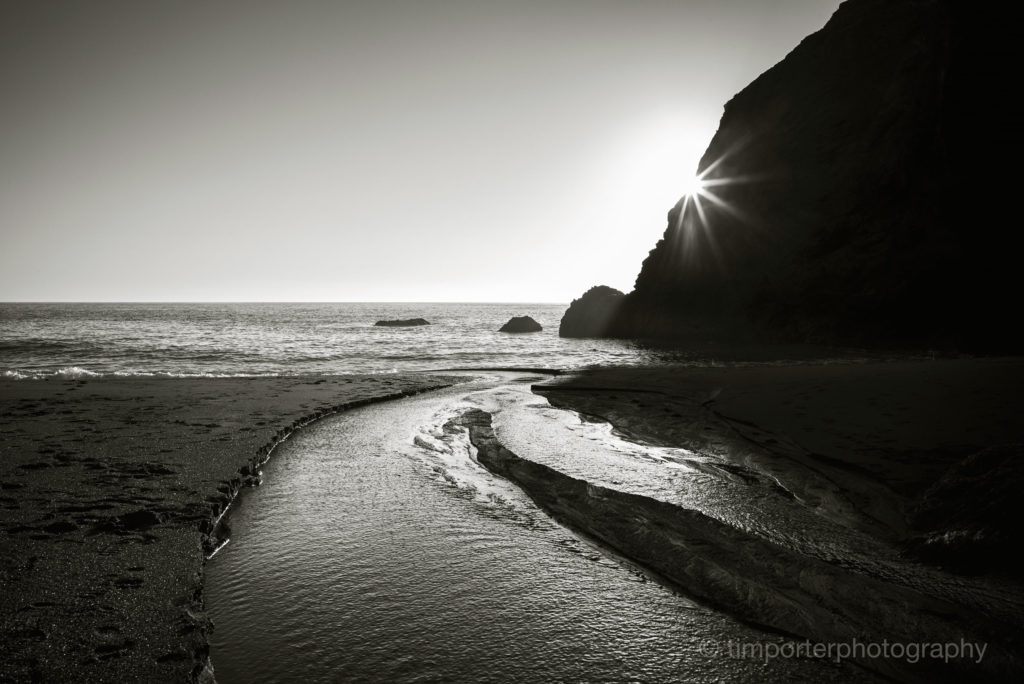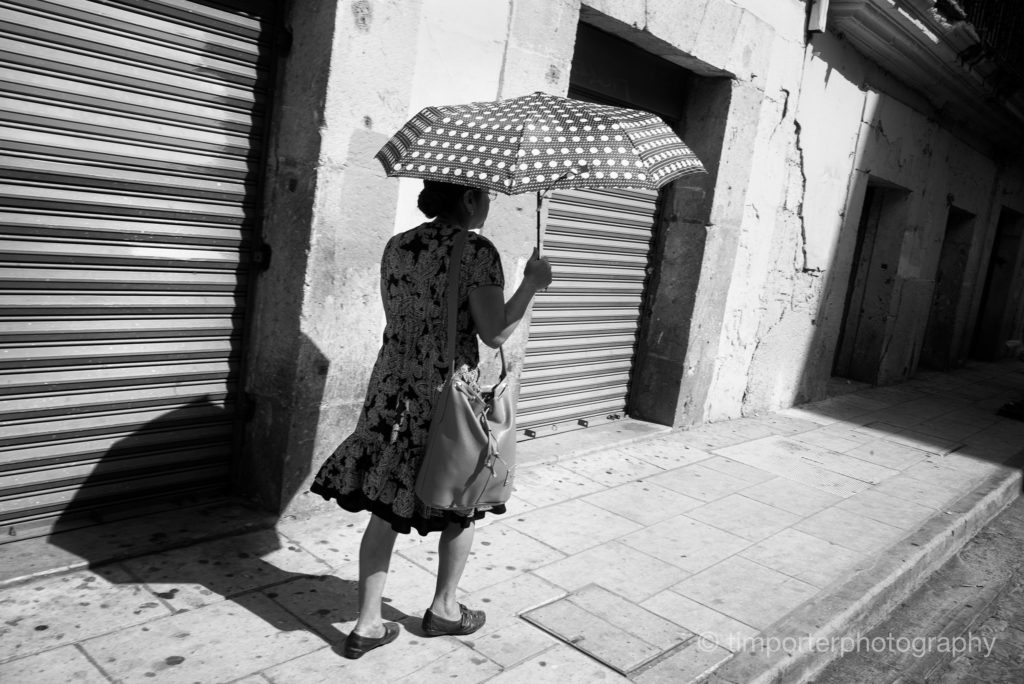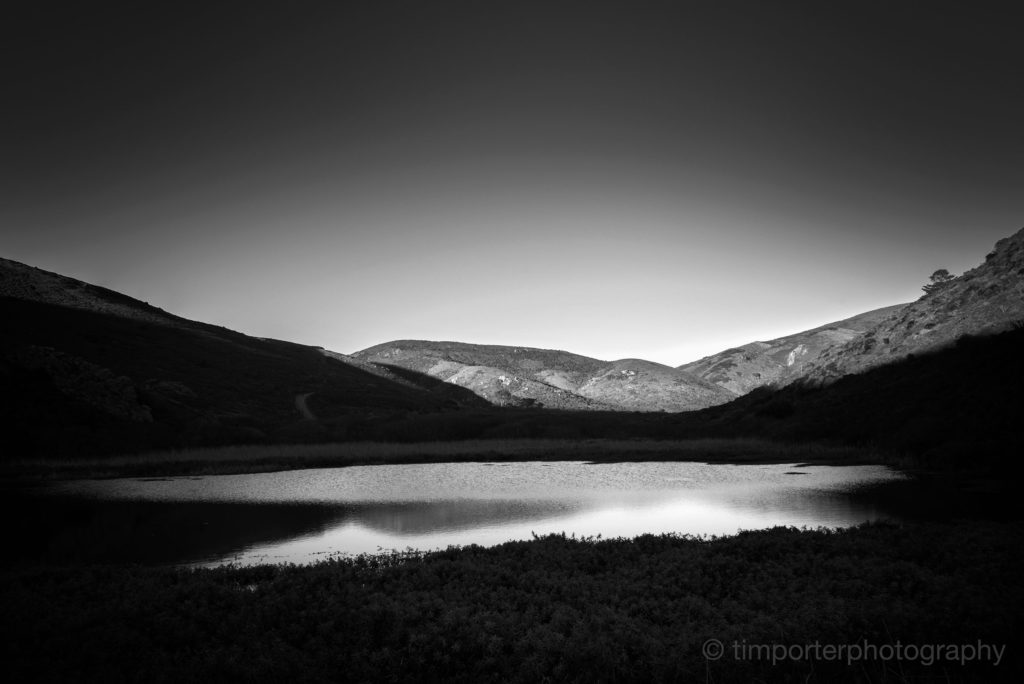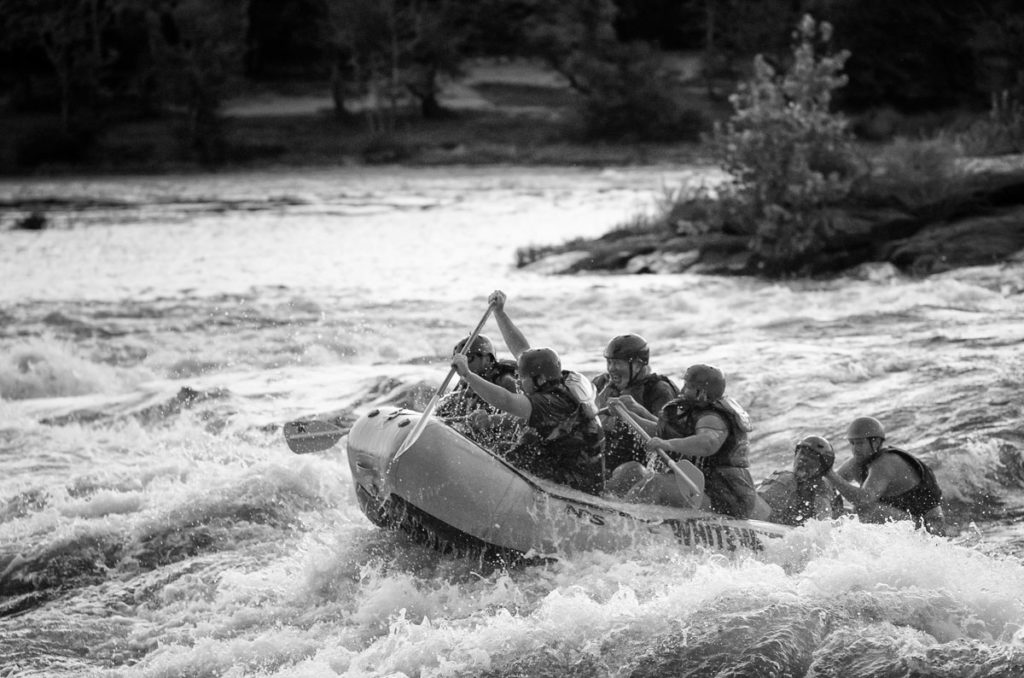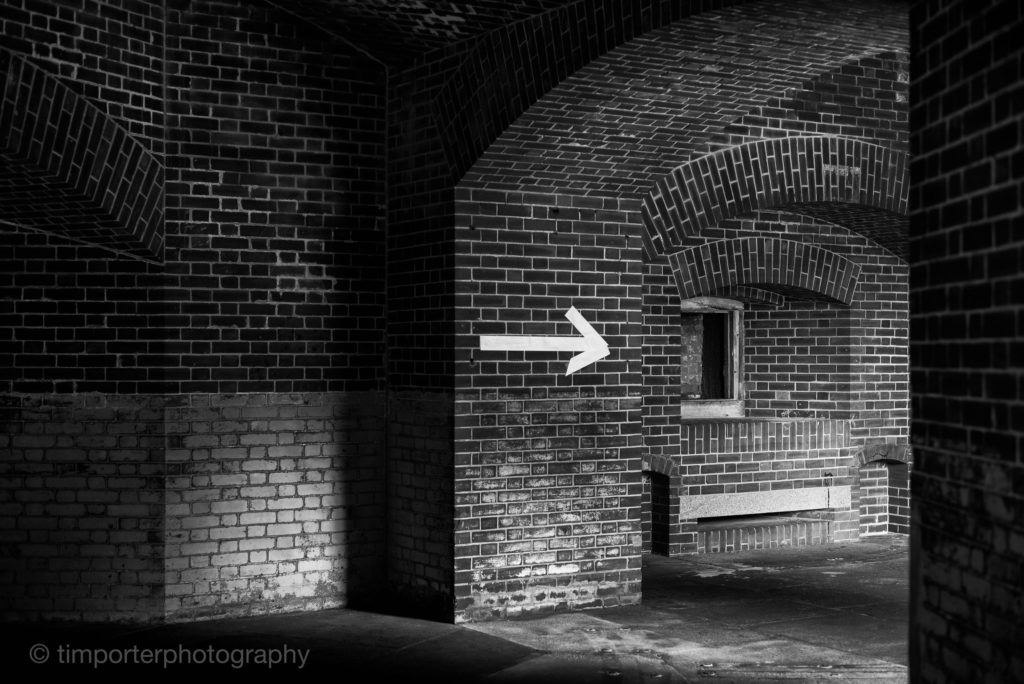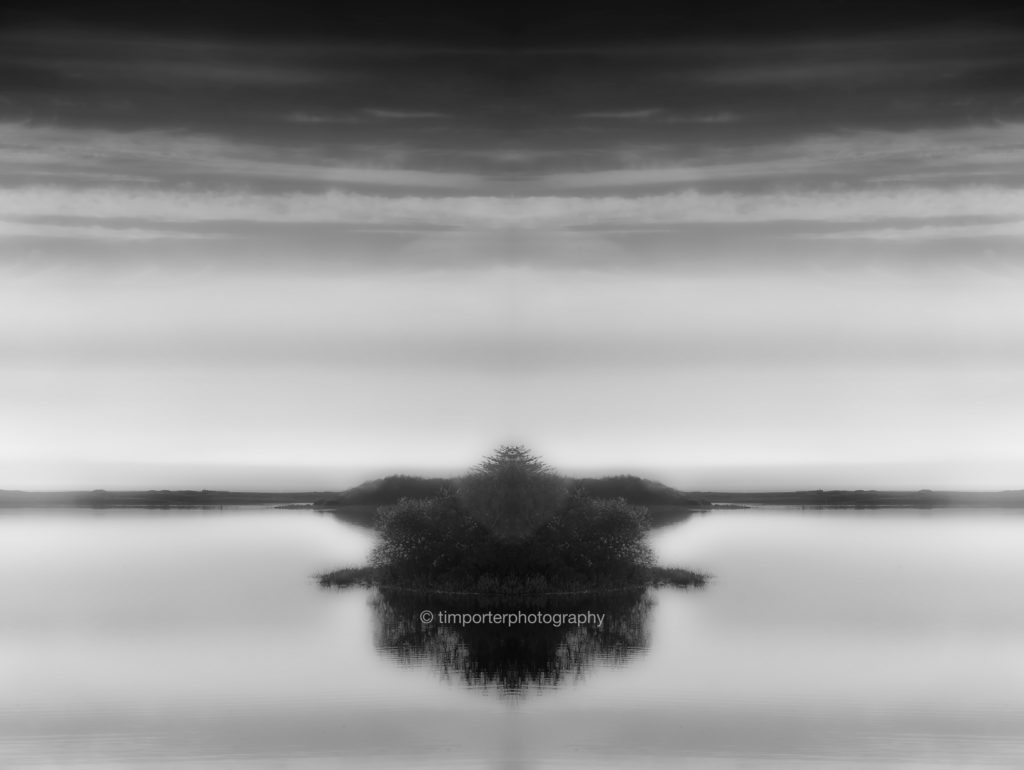Today is my birthday. I am almost a quarter of the way into this new century after having been alive for more than half of the latter one.
A recent podcast tipped me to a list of gained wisdoms compiled by Wired magazine editor Kevin Kelly on the occasion of his 70th birthday. Herewith, I offer my own list. As always, your mileage may vary:
- Never be ashamed of borrowing a good idea, but always hat-tip the source.
- Take credit for your successes and responsibility for your losses.
- Eat a good breakfast.
- Make time to be with friends.
- Make as much time to be alone.
- No matter how smart you think you are, it’s not enough.
- Everything breaks, including people.
- Nothing you’ve fixed, whether it’s a software conflict or an education system, stays fixed forever.
- It’s likely that many people think more highly of you than you do of yourself.
- To keep your body alive, walk; to keep your mind alive, read.
- No win is worth hurting someone.
- Take care of your teeth.
- You will never feel as old as your face looks.
- The past is gone. Get over it.
- Being successful often depends more on where you were born, your economic level, and your race than how hard you worked. It’s a lottery.
- That said, work hard. It feels good.
- Learn another language. It will change your life.
- When someone speaks to you in their second, or third, language, listen closely. This person is doing the work.
- Resumes are useless.
- Always listen to your gut – even if all it tells you is that it’s time to eat.
- Sleep more rather than less.
- If you get the upgrade, take the window seat so no one climbs over you while you sleep. If you don’t, take the aisle so you have the extra legroom.
- Good shoes are worth the extra money.
- No one cares about your version of God.
- If it seems too good to be true, it is.
- When you interview someone for a job don’t ask them what they’ve done, ask them: What do you know how to do?
- Failure is an option.
- Don’t eat crap food.
- If you’re an addictive person, get it out of your system when you’re young. Aging is hard enough without a habit.
- Don’t lie – especially not to yourself.
- If you say you will do something, do it – whether it’s make a phone call or love somebody.
- Keep children in your life. They don’t need to be yours.
- Stuff is fun, but it’s just stuff.
- Learn how to do something really well that is not your work.
- Sometimes pain is nothing more than a reminder that you’re alive.
- When given a choice, take happiness.
- Apologize as needed.
- Hug whenever possible.
- When you’re talking to someone from another culture and don’t understand them, chances are they don’t understand you either.
- Success cannot be sustained simply by doing what made you successful.
- Yes, young people don’t know what you know, but neither do you see as wide a horizon they do.
- Inexperience is a teaching opportunity.
- If you have more than you need, start giving.
- After a conversation with someone, if you don’t know more about that person that when you started then you didn’t ask enough questions.
- Why is more important to understanding than who, what, when, or where.
- Eat food that seems weird to you. At least once.
- It is not necessary to like everything – books, music, food, whatever. Not everything is for everybody.
- A good sunrise can erase a night of bad dreams.
- Stretch.
- If you mother’s alive, call her often. She won’t always be there.
- Take nothing for granted.
- No one likes a complainer. If you need help, ask. Otherwise, work the problem.
- A smile is the best greeting.
- Please will open almost any door; thank you will keep it open.
- Try before you buy.
- Everyone is dealing with something you know nothing about.
- Kindness multiplies.
- Aging requires you to ignore your body most of the time, except when its most critical. Learn how to tell the difference.
- When you’re young, take chances; when you’re older, use the lessons learned from those chances.
- Don’t assume that everyone – or even anyone – thinks like you.
- Learn the names of as many plants and animals as you can. You’ll feel smarter when you’re outdoors.
- Have a bad habit that doesn’t hurt anyone else (mine are tortilla chips).
- Words have consequences. Choose with care.
- Children believe what adults tell them. Honor their innocence.
- What happened yesterday does not have to happen again today. Change is both possible and inevitable.
- Listen more.
- You have no control over what other people do – even if those things make you feel terrible. Your only choice is to do things that make you feel good.
- Having money is better than not having money, but sometimes the greatest rewards come from doing something for free.
- Look out the window each morning. What you see might be your last day alive. Then get going.
- Tell someone you love them every day.
- Say something nice to everyone you meet. Small talk produces big rewards.
- Be grateful you’re here – at any age. So many aren’t.
- Don’t look back. It’s what ahead that matters.

